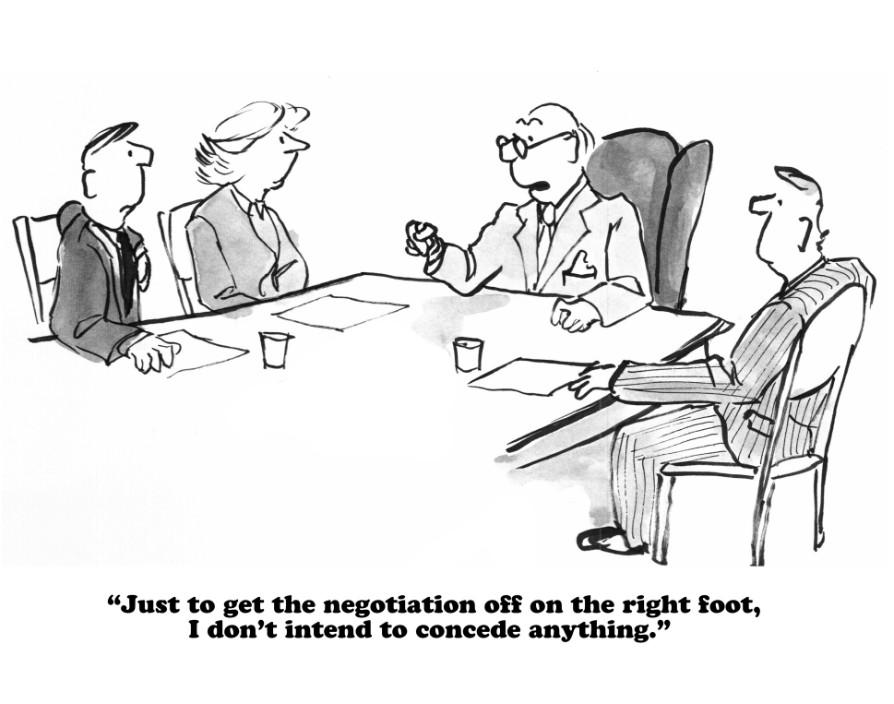When a franchisee signs up to a brand, they cannot customise the agreement to satisfy their own requirements, says Nigel Toplis.
When you take on a franchise, you become part of the franchisor’s ecosystem. Clearly this brings many advantages, such as a proven business system, support package, marketing tools and procurement benefits. But, on the other side of the coin, it means you must adhere to the same processes, rules and procedures as other franchisees within the network.
This is the deal facing every franchisee, irrespective of sector. There has to be a level playing field for all franchisees. This is why ‘franchise agreements’ are so important and are certainly non-negotiable.
What are franchise agreements?
Franchise agreements are more than just a contract. They protect the brand as well as the franchisee by ensuring clarity and transparency. Key elements set down in Franchise Agreements include obligations of the franchisor in supporting franchisees, along with length of term and royalty payments.
The agreement also covers what happens when a franchisee departs the system – for whatever reason. It details the conditions for departing a franchise, such as not competing in the same market for a given length of time. Franchise Agreements should be easy to read and transparent and not simply legal jargon, as often used by lawyers. They should also be fair and, of course, lawful.
However, they cannot be random, ad-hoc or personalised to suit a franchisee’s individual nuances and requests. So, if you want significant changes made to a Franchise Agreement, then franchising is obviously not for you. If you like the idea of having a brand name above your door, then you must stick to the rules laid down by the franchisor.
Within a Franchise Agreement, the franchisor will specify terms that embodies its ethos and modus operandi. These terms may be adapted over time. For example, if the nature of the business evolves and trends change, then company objectives will migrate with them. But such changes will apply to every franchisee within the network.
Not all franchise agreements are identical
While the franchisor will not change an agreement to suit an individual franchisee’s needs, it doesn’t mean that franchisees shouldn’t shop around and compare the terms of many different brands or businesses.
Not all lawyers write the same type of agreement. Each will have areas that are more ‘robust’ than others. And, of course, the franchisor will have views as to how they want their franchise portrayed. Some elements of a business or brand may be more critical to a particular owner than other franchisors. Therefore budding franchisees are advised to do in-depth research before signing any agreement. So, when considering which franchise is best for you, don’t assume that once you’ve read one Franchise Agreement you’ve read them all.
I have a fondness for 10-year agreements, as awarded to new business owners by The Bardon Group of franchises. Many franchisors choose to have five-year terms, while I’ve also known 25-year ones. Irrespective of my advice, you should always refer an agreement to a BFA (British Franchise Association) affiliated lawyer, and get them to explain the key points.
However, you must always look at the bigger picture with regards to Franchise Agreements and ask yourself the following two questions. ‘Is it really fair to existing franchisees if I attempted to negotiate different terms to them?’ ‘And how would I feel if I discovered that a future franchisee had amended an agreement to suit their needs?’
Taking on a franchise is not the same as starting a business of your own. You are joining a business ecosystem, and to ensure harmony you need to make compromises as well as draw on the benefits offered.



































